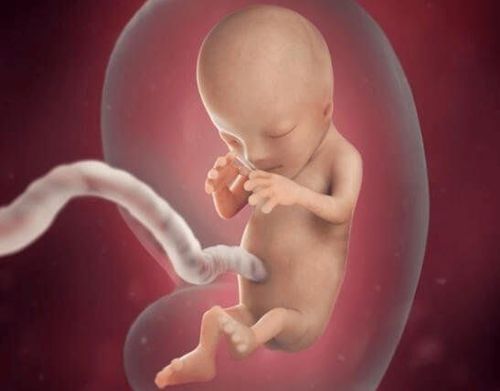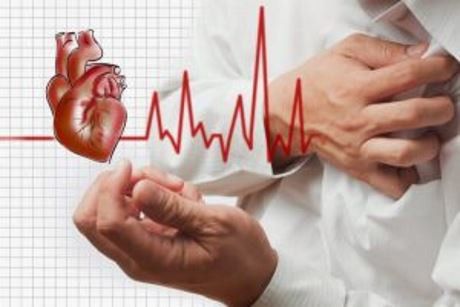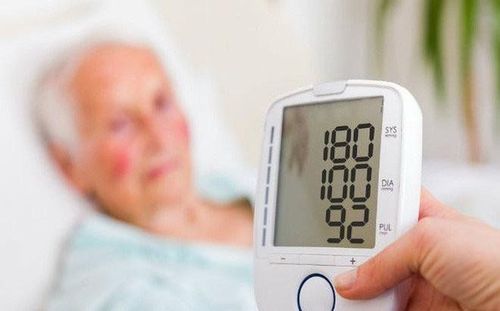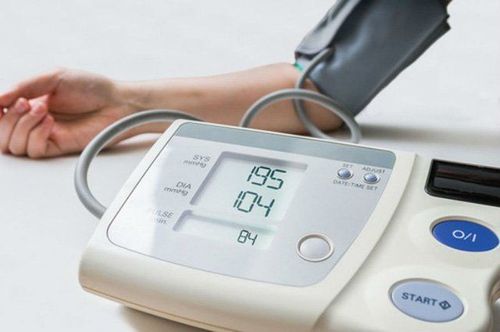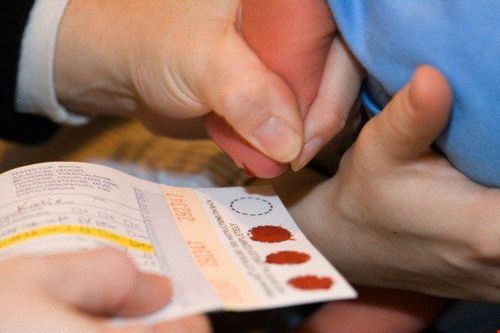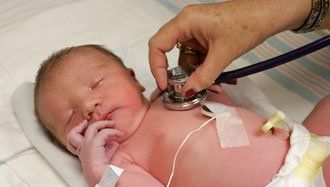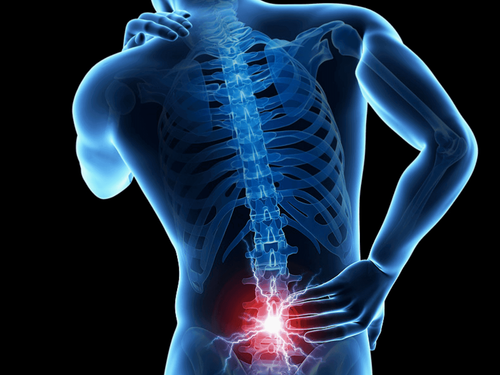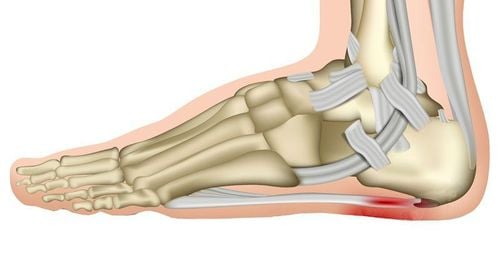Nội dung bạn đang tìm kiếm không có phiên bản tiếng Việt.
Vui lòng chọn tiếp tục để xem nội dung tiếng Anh hoặc đi đến trang chủ Tiếng Việt.
Rất xin lỗi về sự bất tiện này.

Home
Tag Ventricular septal defect
Articles in Ventricular septal defect

Learn how to close a ventricular septal defect through a catheter
A ventricular septal defect, also known as a septal defect, is a birth defect. Patients with major defects will suffer severe consequences. Early closure of the ventricular septal defect provides good and long-lasting results.
Xem thêm
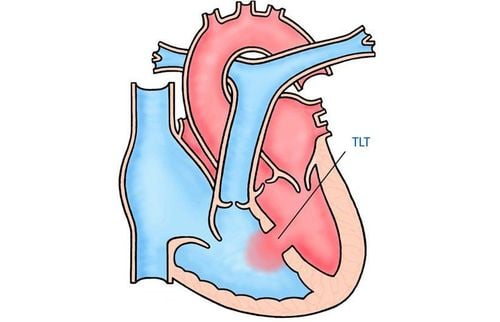
When can a ventricular septal defect be operated on?
Hi Doctor. My grandson is more than 4 months old and has a ventricular septal defect under the aortic valve, the original diameter of the left ventricle, diameter of 5.3mm, shunt T-P, PGmax = 80mmHg, no atrial septal defect, rotating aortic arch left, not narrow waist. The doctor asked me if my condition is so serious and can I have surgery? Thank you doctor.
Xem thêm

Is a small ventricular septal defect without hemodynamic disturbances dangerous?
Hello doctor, I went for an echocardiogram, the doctor suspected that there was a ventricular septal defect under the aortic valve KT 3mm could not be caught 1. Conclusion small ventricular septal defect, what effect does that have on health? No and do you want to be treated?
Xem thêm
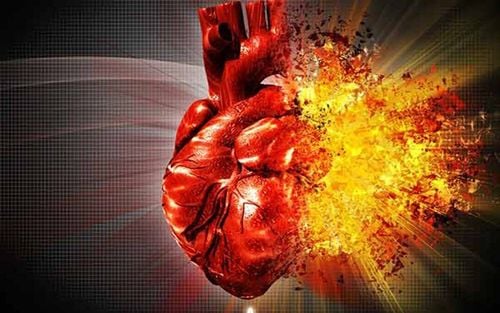
Diagnosis of total atrioventricular canal
A total atrioventricular canal, also known as an atrioventricular septal defect, accounts for 2% of congenital heart diseases, and is associated with about 30% of Down's disease. In children with Down syndrome, 40% are associated with congenital hearts and 30% of congenital hearts with Down syndrome are atrioventricular canal lesions.
Xem thêm

Some principles in the treatment of congenital heart disease
Congenital heart disease is an anatomical defect in the heart and circulatory system that develops during fetal life. Accordingly, in order for a child to live at birth, the body must have appropriate physiological responses. Therefore, the intervention to treat congenital heart disease needs to adhere to certain principles, suitable for physiological and hemodynamic functions, in order to create conditions for children to develop like children of the same age.
Xem thêm
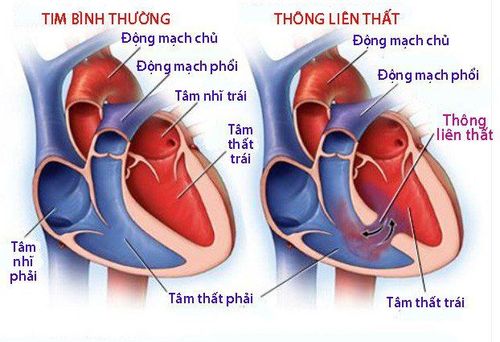
Treatment methods for ventricular septal defect
Ventricular septal defect is the most common congenital heart disease with an incidence of about 25% of congenital heart diseases. If not treated properly, ventricular septal defect will cause many effects on the health and development of the child.
Xem thêm

What is echocardiography?
Echocardiography is a method used to diagnose cardiovascular diseases, echocardiography is a method of echocardiography that combines the use of contrast agents to increase the likelihood of developing abnormalities in the heart structure. and flows. Currently, this method is being widely used due to its safety and effectiveness, at the same time, continuous research continues to further improve its effectiveness in diagnosis.
Xem thêm

Learn about unique ventricular congenital anomalies
Congenital heart defects are a group of diseases that account for about 1% of all newborns. The cause of congenital heart defects is still not really clear, it may be genetic or during pregnancy, the mother is addicted to alcohol, drugs or viral infection. Unique ventricular heart disease also belongs to the category of congenital heart disease but is rarer than congenital septal defects.
Xem thêm
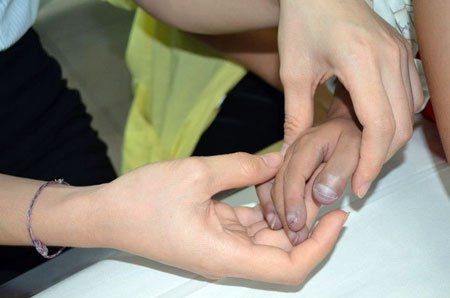
Complications of tetralogy of Fallot
Tetralogy of fallot is the most common cyanotic congenital heart disease, accounting for 75% of cases of cyanotic TBS in children over 1 year of age, including 4 heart defects (tetrads) namely: ventricular septal defect, pulmonary stenosis, and arterial stenosis. The owner rides a horse on the interventricular septum, right ventricular thickening.
Xem thêm

Can congenital heart disease be completely cured?
Hello doctor, can I ask if congenital heart disease can be completely cured?
Xem thêm

Common types of congenital heart defects
Congenital heart defects occur in about 1% of newborns. Most people with congenital heart defects live to adulthood, in which the cause is unknown. Some may be hereditary, because the mother is infected with a virus or uses alcohol and drugs during pregnancy.
Xem thêm




